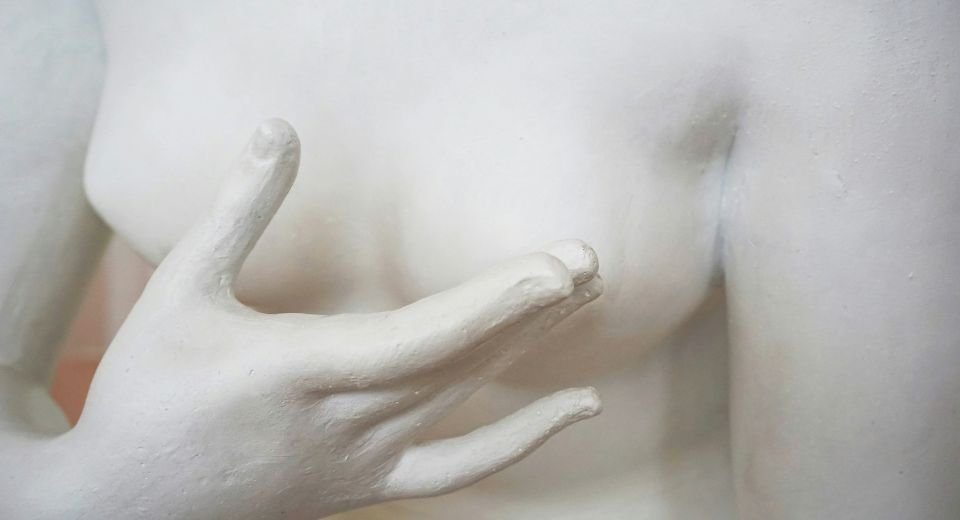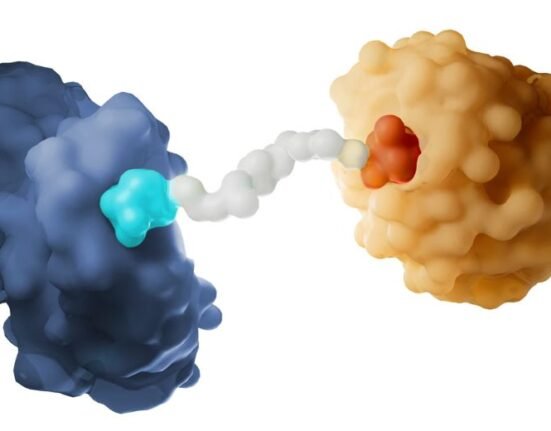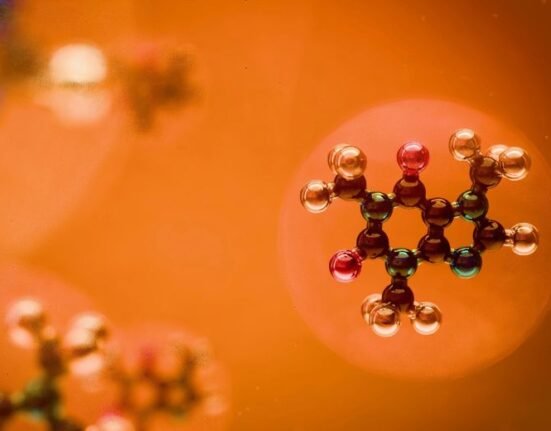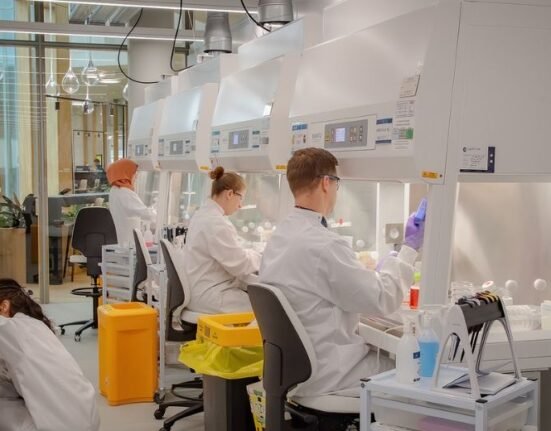HQ Team
February 8, 2024: Australian scientists may have found a drug to treat triple-negative breast cancer without any toxic effects, according to a statement from the University of Adelaide.
The oral drug works by targeting a specific protein in the cancerous tumour called CDK9, which speeds up cell growth. By inhibiting this protein, it effectively stops cancer in its tracks.
“This is an exciting development in the battle against triple-negative breast cancer, which is the most aggressive form of the disease,” said Associate Professor Theresa Hickey, at the University of Adelaide’s Dame Roma Mitchell Cancer Research Laboratories.
“There is currently no treatment that specifically targets this type of breast cancer, with chemotherapy and, in some women, immunotherapy being the only options. The results of this study show that this drug could hold the key to improving survival rates.”
685,000 global deaths
Breast cancer caused 685,000 deaths globally in 2020. Roughly half of all breast cancers occur in women with no specific risk factors other than sex and age.
In 2020, there were 2.3 million women diagnosed with breast cancer and at the end of the year, there were 7.8 million women alive who were diagnosed with breast cancer in the past five years, making it the world’s most prevalent cancer, according to the WHO.
A pre-clinical study led by the University of Adelaide found the new drug “successfully” inhibited the growth of triple-negative breast cancer.
“Our pre-clinical study shows that the drug was able to stop the tumour cells from multiplying but did not affect the normal cells in breast tissue taken from patients.
Early days
“It is still early days, but based on this initial evidence, we believe inhibiting this protein could lead to a treatment for triple-negative breast cancer, and this new drug should be developed further,” said Ms Hickey.
The collaborative study published in the global cancer journal Oncogene also involved Professor Shudong Wang at the University of South Australia, who developed the drug (CDDD11-8) for the treatment of acute myeloid leukaemia.
“We’ve developed CDDD11-8 as a potent, selective, and orally bioactive CDK9 inhibitor for cancer therapy. We are very excited about its therapeutical potential against triple-negative breast cancer,” said Professor Wang.
Researchers hope to identify the biomarkers that predict which triple-negative breast cancers will respond best to the inhibitor drug so this can be used to select patients for future trials.
‘Five years or sooner’
“While this drug is showing promise as a potential treatment for triple-negative breast cancer, it needs further development before it can progress to human trials. I’m hopeful this will happen within the next five years, if not sooner,” said Associate Professor Hickey.
The triple-negative breast cancer occurs more frequently in younger women. It has a higher rate of relapse within five years and a higher mortality rate than other breast cancers during this time.
Researchers also plan to conduct future trials to explore if this potential therapy could be used to treat other types of breast cancer.
“We must keep searching for and pre-clinically evaluating targeted therapies for this aggressive disease and improve the outlook for all breast cancer patients,” said Ms Hickey.








